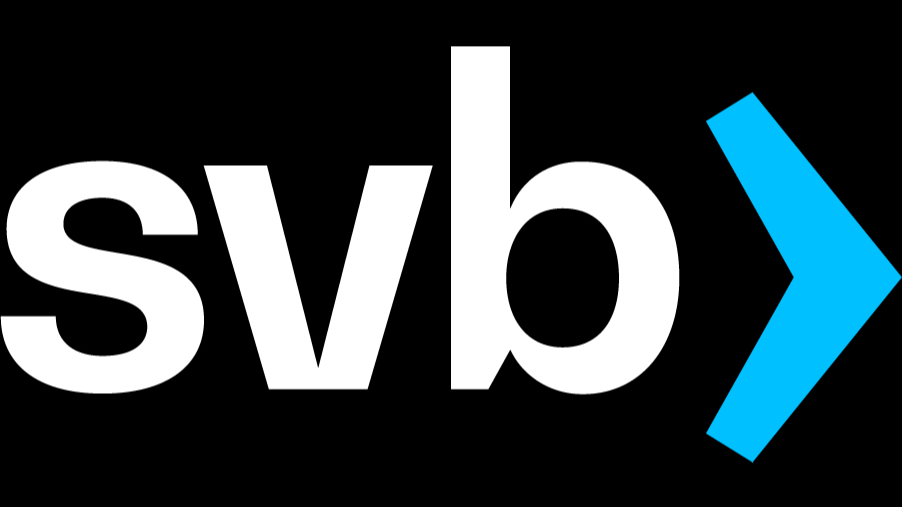Sweden’s Financial Supervisory Authority, the Finansinspektionen (FI), has said that the country should be insulated from the collapse of Silicon Valley Bank (SVB) and other US financial institutions.
In a statement, the FI said that “none” of the country’s insurers, banks and pension providers “have any large direct exposure of their own to the US banks that have run into problems."
The regulator added that it is in close contact with financial institutions in the country, and that the case is unlikely to impact Sweden’s financial stability.
Acting FI Director-General Susanna Grufma added: "Our assessment is however that the stability of the Swedish financial system is not affected by this.”
However, at least one Swedish pension firm, Alecta, looks to have lost around $1.12 billion as a result of the collapse of SVB and Signature Bank. The bank said that this would have “very little” effect on individual savers future pensions.
In comments to Reuters, Sweden's Financial Markets Minister Niklas Wykman reiterated the FI’s stated position. He said: “Up to now we do not see any spread of the effects into the Swedish financial system.
"In terms of the broad economy, it shows that it is very important to have tight regulations for the financial sector ... and that we are prepared for potential risks that could be realised."
Elsewhere in Scandinavia, Norway’s Finanstilsynet said that there is no indication that financial market players in the country have experienced any significant exposure to the ongoing US banking crisis.
Regulators around the world are scrambling to ensure the security of their financial institutions following the collapse of SVB last week which occurred after a run on the bank. HSBC has agreed a £1 deal to acquire SVB's UK business to secure the deposits of more than 3,000 customers worth over £6.5 billion.
Latest News
-
Gemini to cut quarter of workforce and exit UK, EU and Australia as crypto slump forces retrenchment
-
Bank ABC’s mobile-only ila bank migrates to core banking platform
-
Visa launches platform to accelerate small business growth in US
-
NatWest to expand Accelerator programme to 50,000 members in 2026
-
BBVA joins European stablecoin coalition
-
eToro partners with Amundi to launch equity portfolio with exposure to ‘megatrends’
Creating value together: Strategic partnerships in the age of GCCs
As Global Capability Centres reshape the financial services landscape, one question stands out: how do leading banks balance in-house innovation with strategic partnerships to drive real transformation?
Data trust in the AI era: Building customer confidence through responsible banking
In the second episode of FStech’s three-part video podcast series sponsored by HCLTech, Sudip Lahiri, Executive Vice President & Head of Financial Services for Europe & UKI at HCLTech examines the critical relationship between data trust, transparency, and responsible AI implementation in financial services.
Banking's GenAI evolution: Beyond the hype, building the future
In the first episode of a three-part video podcast series sponsored by HCLTech, Sudip Lahiri, Executive Vice President & Head of Financial Services for Europe & UKI at HCLTech explores how financial institutions can navigate the transformative potential of Generative AI while building lasting foundations for innovation.
Beyond compliance: Building unshakeable operational resilience in financial services
In today's rapidly evolving financial landscape, operational resilience has become a critical focus for institutions worldwide. As regulatory requirements grow more complex and cyber threats, particularly ransomware, become increasingly sophisticated, financial services providers must adapt and strengthen their defences. The intersection of compliance, technology, and security presents both challenges and opportunities.
© 2019 Perspective Publishing Privacy & Cookies













Recent Stories